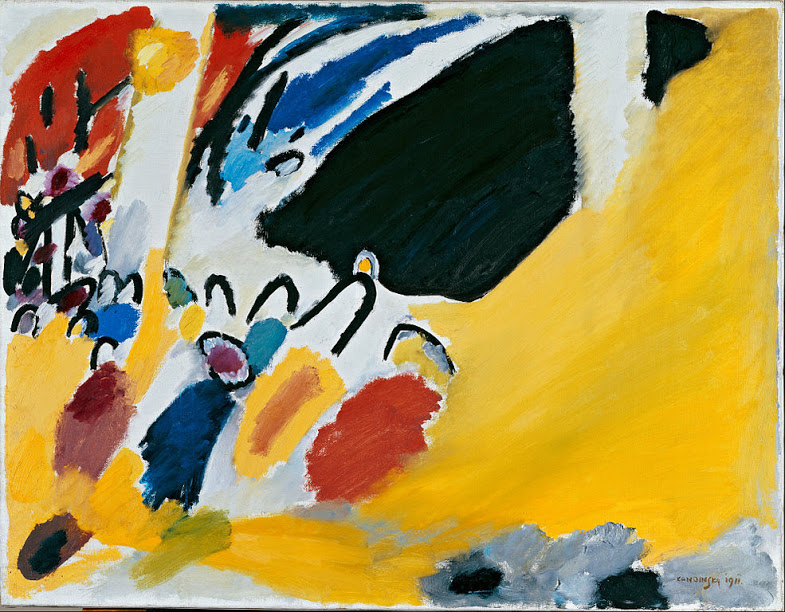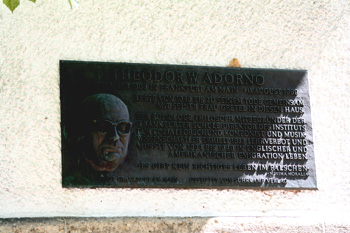
Adorno Today
Theodor Adorno’s (1903–1969) work keeps attracting renewed interest and fresh perspectives. This issue approaches Adorno through his cultural criticism, aesthetic theory and musical philosophy as well as his personal history and private life.





